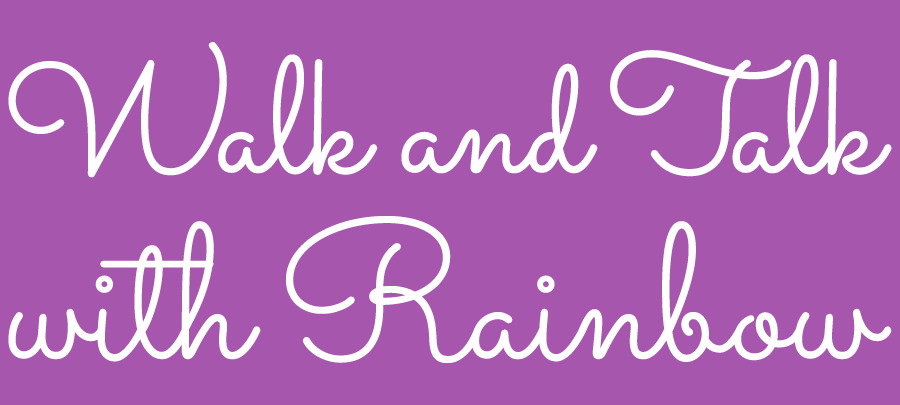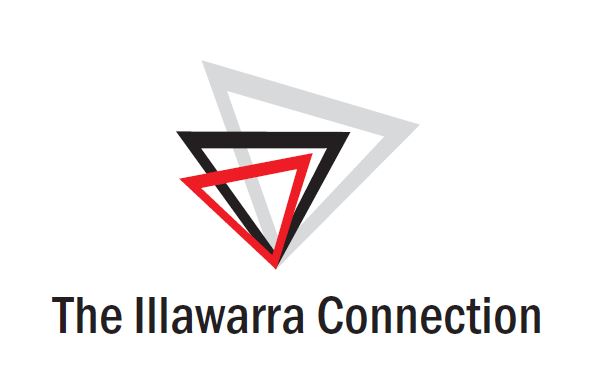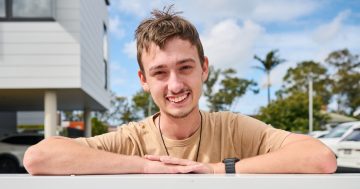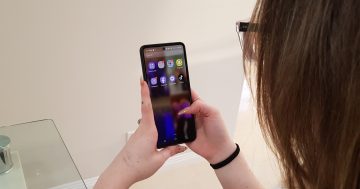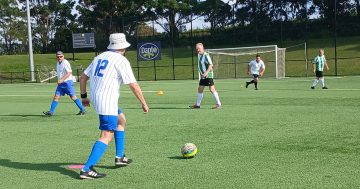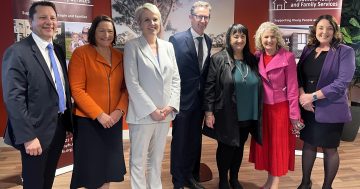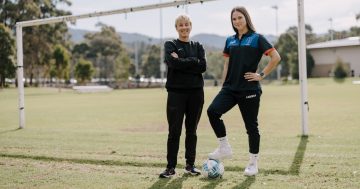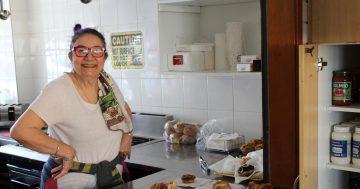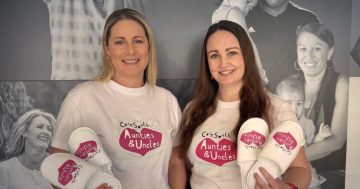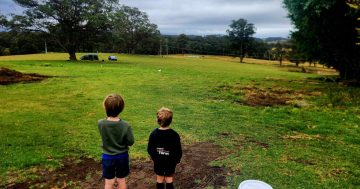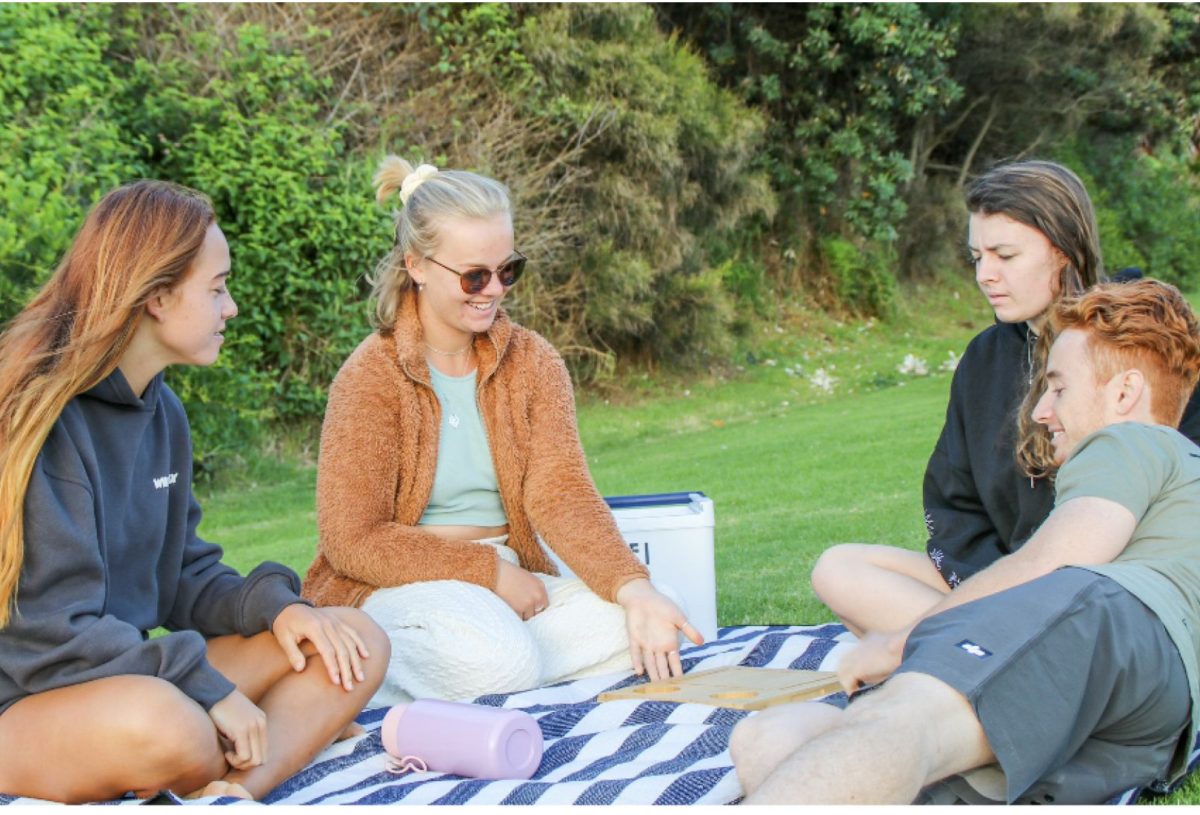
A PEERS program in Thirroul will help teens and young adults make long-lasting friends. Photo: Riley Buchan.
A social skills program in Thirroul is addressing the challenges faced by teens and young adults in forging friendships and romantic relationships, particularly exacerbated by the isolation of COVID and a preference for texting over face-to-face interactions.
Starting from 6 April, Victoria Dubourdieu from South Coast Social Skills will lead two PEERS (Program for the Education and Enrichment of Relational Skills) programs: a 14-week course for teens and a 16-week program catered to young adults up to 35 years old, with the latter extending due to the inclusion of a dating component.
Victoria said the worldwide program, developed by psychologist Dr Elizabeth Laugeson, guided teens and young adults through making and keeping friendships, such as developing conversational skills, managing disagreements, and dealing with bullying and teasing.
“Initially, it was aimed just for young people with autism, but then it’s become so successful that other neurodiverse young people are tapping into it as well, along with neurotypical people,” she said.
“It is a course that helps people either develop social skills or brush up on those that they already have.”
She said dating was an important part of social skills, with the prescriptive program setting out the dos and don’ts of how to make friends and develop relationships, but also navigate romantic ones for young adults.
“It sets out to demystify how to approach someone that you like,” she said.
“It really just tries to limit a young person’s vulnerability when they decide they like someone to break it down in easy steps the whole dating game.
“There are certain things that if you do them, you’re more likely to make friends and develop longstanding friendships, but we also look at the things that don’t work well for you.”
She said examples included finding common interests with people, which was the “foundation of friendship”.
“If you really like Dungeons and Dragons and rock climbing, then you don’t join an athletics club,” she said.
“You go to places where you’ll find like-minded people, rather than in a playground where you’re just any port in a storm because you don’t want to be by yourself.
“There are friendships out there for everybody, you just need to choose wisely.”
She said participants were also given the skills to engage in conversation, including how to avoid hogging the conversation or policing people in a conversation.
“One of the homework challenges we do in the early stages is for one member of the group to phone another member of the group to introduce themselves because that’s something that young people across the board don’t do very well,” she said.
“We practise having a telephone conversation rather than texting because texting can be quite dangerous in terms of what you’re trying to get across doesn’t always come across.”
She said things like COVID had made the art of conversation more difficult for young people.
“COVID was a shocker for a lot of young people,” she said.
“This is the third year I’ve run the program down here and so, in 2022, the first group of young adults I was working with were those that had struggled through COVID.
“So if making friends wasn’t hard enough, the extra layer of misery was COVID and not being able to get out and meet people.”
With a background working with young people with intellectual disabilities in open employment in Sydney and supporting people with NDIS through Cerebral Palsy Alliance in the Illawarra, she had met a lot of neurodiverse young people who were getting the therapy they needed in terms of occupational health, physiotherapy and joining the workforce, but not a social skills program.
“Based on my experience of working with young people in open employment, plus those that I met through Cerebral Palsy Alliance, I saw that there was a need to help people with their social skills,” she said.
“For example, young people with autism have difficulty in understanding social cues.
“Often they’re dismissed as young people that are a bit indifferent to friendships and that’s not really the case. It’s just they don’t know how to do it.
“This program looks at how socially successful young people behave in tricky social situations and then we work with young people that are struggling to do the same.”
She said each participant had a social coach to support them throughout the program in the form of a parent or caregiver, distinguishing it from other programs.
Victoria intends to potentially collaborate with libraries to start a program tailored for those over 35, as well as one designed for those who may not qualify for NDIS funding but have challenges with anxiety, depression or loneliness.
Visit PEERS to learn more.


